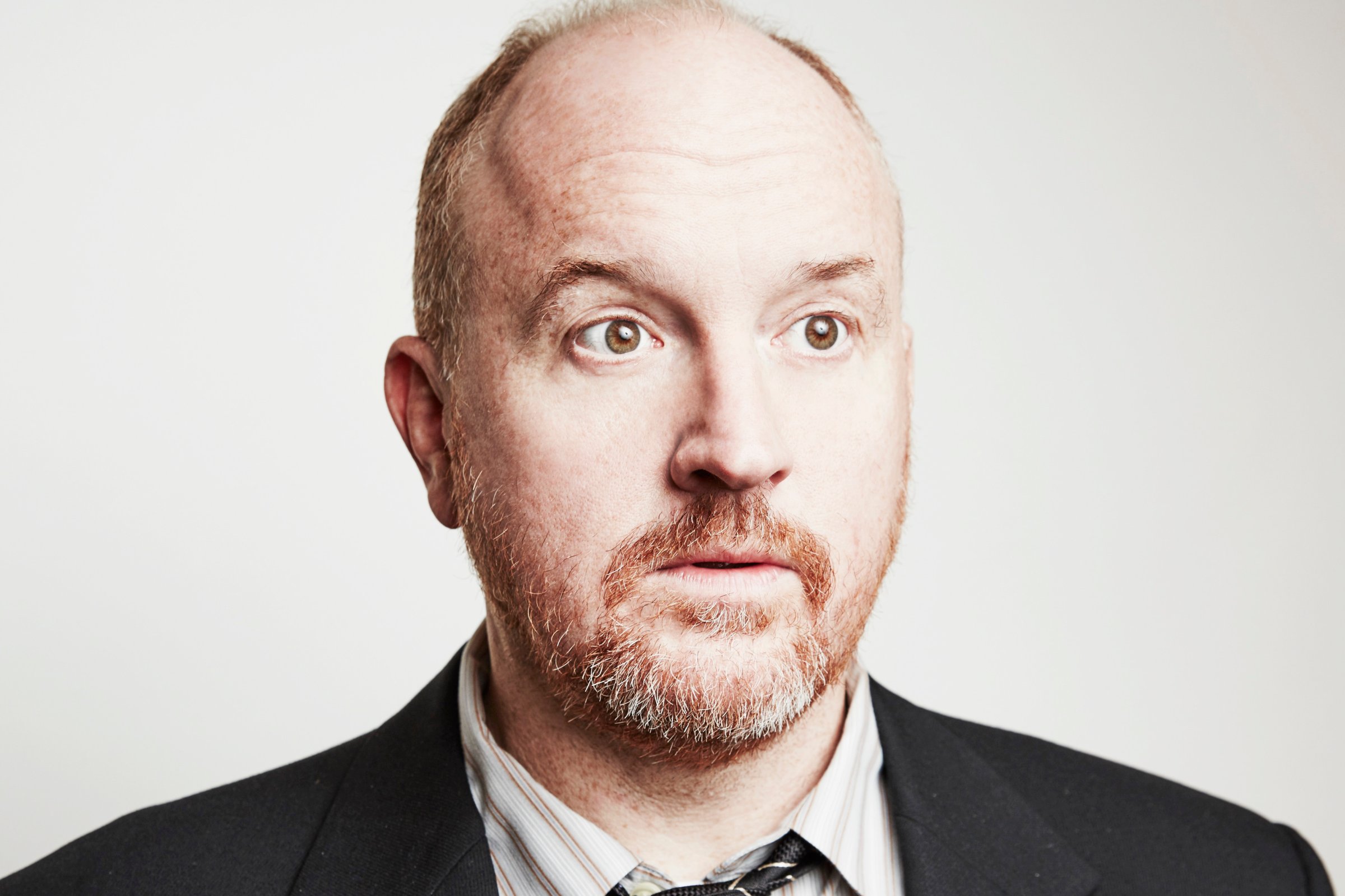
When Louis C.K. launched Horace and Pete, it came, as the cliché goes, like a Beyoncé-level surprise to fans and TV observers. The series, hosted independent of any network on C.K.’s own personal website, is a professional-grade drama. It’s untethered both from C.K.’s past persona (it is po-faced about its own plot developments in a way Louie, the FX comedy, is not) and from long-established TV tradition, which dictates that episodes air or stream as part of an expansive cable or streaming package before they’re available for purchase á la carte. If you wanted to see Horace and Pete, you had to shell out, a total of $31 in all.
The decision to trust his fan base to help finance the show has been, at least for now, ruinous for C.K., who said in an interview with Howard Stern Monday that he is now “millions of dollars in debt” after taking out a credit line to finance the show’s creation. The ambition at play here, and the way it’s been thwarted by market realities, recalls less Beyoncé (who was universally hailed after dropping a surprise album in December 2013) than Kanye West (whose protracted and complicated Life of Pablo album left the rapper, by his own telling, deep in the red).
Horace and Pete is a work that many see as troubling and genius; it’s certainly out-of-step with where television is right now. A filmed stage drama of sorts, its first episode’s only contemporaneity seemed to come from up-to-the-minute references to the ongoing presidential election. Otherwise it was a story that leaned heavily both on the characters’ sense of tradition (a twisting family history that informed their dogged refusal to give up their Brooklyn dive bar) and C.K.’s own (a staid sort of reflectiveness, in an era when TV’s biggest dramas are all flash).
I refer, here, to the first episode because that was all I made time for. Knowing both that what the show had to offer—in its first episode, frank “political incorrectness” and would-be Eugene O’Neill stylings—was deeply not to my taste and that it existed on a plane entirely separate from most of TV, I bailed, something made not just easier to do but actually the default choice given that the barrier to watching each new episode was unusually high. The show was so utterly sui generis that it seemed to reveal little about C.K.’s star persona or TV as a whole, aspects that might have made its apparent dullness a bit less dull to me. And given its odd space on C.K.’s website, rather than on, say, HBO, Netflix, or FX, few people seemed to be talking about it. Curiosity has its limits. As a somewhat conditional fan of Louie, I’d meant to catch up on the episodes before the Emmy nominations come out, but even someone paid to watch television for a living has only so many hours to sample across the spectrum.
Which makes it unsurprising to me that so many of C.K.’s fans fell short when it came to retroactively financing the project. A five-dollar charge for the first episode would not break anyone’s bank, but it’s high enough to merit legitimate skepticism as to what, exactly, the viewer is buying into; C.K. provided little in the way of explanation, trusting the viewer’s own curiosity to lead him or her to the buy-in that network marketing and publicity apparati spend millions to establish.
Then there’s the question of resolution. It’s apparent that Horace and Pete ended conclusively, but there was no reason to believe that a fellow whose engagement with FX has been subject to unusually long hiatuses (including a currently ongoing one) would bring the thing in for a landing in a timely way. Getting into a series is a commitment, and one that almost always presumes there’ll be some kind of endpoint. It’s admirable that C.K. trusted his fans to go on a journey with an undefined length (and at an undefined expense), but it’s also unsurprising that the leap was little-embarked-upon.
The future for Horace and Pete lies before it, though: Having spent all the money he’s ever going to spend on it aside from web hosting fees, its episodes can now generate income. And C.K.’s low-fi promotional strategy got its biggest boost yet today with his splashy admission. I wouldn’t be surprised if his financial situation looked rosier, if only slightly, now. But it’s a lesson learned, if a hard one: In an era when there’s more TV to watch than ever, a famous name doesn’t get you nearly close enough to entice viewership. Corollary to that: A show that’s a relatively tough watch, one whose rewards unfold over time, benefits from being as prominently placed in the culture as possible, easy to stream and, perhaps, framed as enlightening by dint of a Sunday night placement and well-made ads.
Would I have watched more of Horace and Pete were it the exact same show, but promoted by a network as something I needed to see to be a part of the conversation? As a Billions viewer, I don’t like the answer, but I know what it is.
More Must-Reads From TIME
- The 100 Most Influential People of 2024
- Coco Gauff Is Playing for Herself Now
- Scenes From Pro-Palestinian Encampments Across U.S. Universities
- 6 Compliments That Land Every Time
- If You're Dating Right Now , You're Brave: Column
- The AI That Could Heal a Divided Internet
- Fallout Is a Brilliant Model for the Future of Video Game Adaptations
- Want Weekly Recs on What to Watch, Read, and More? Sign Up for Worth Your Time
Contact us at letters@time.com